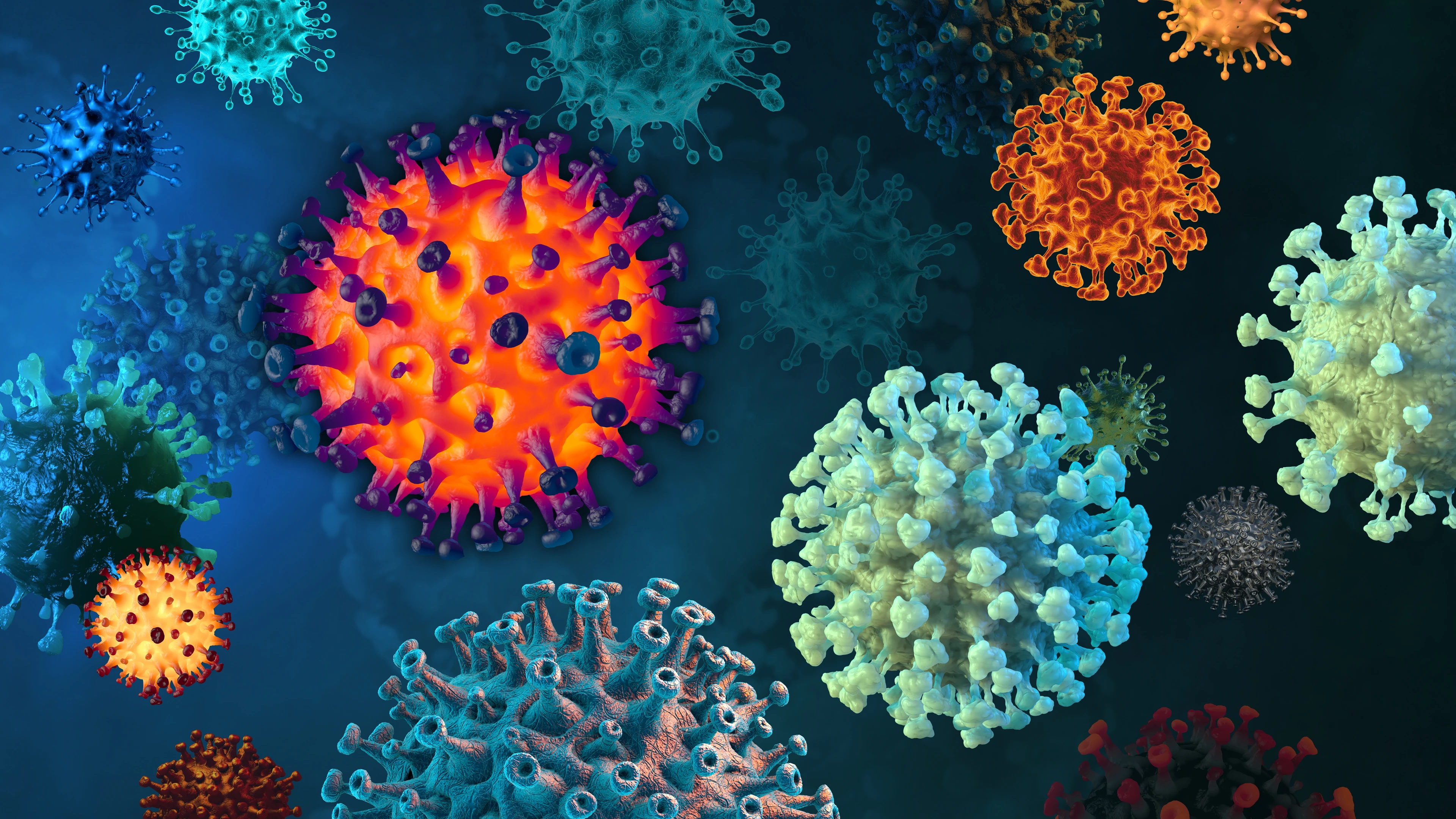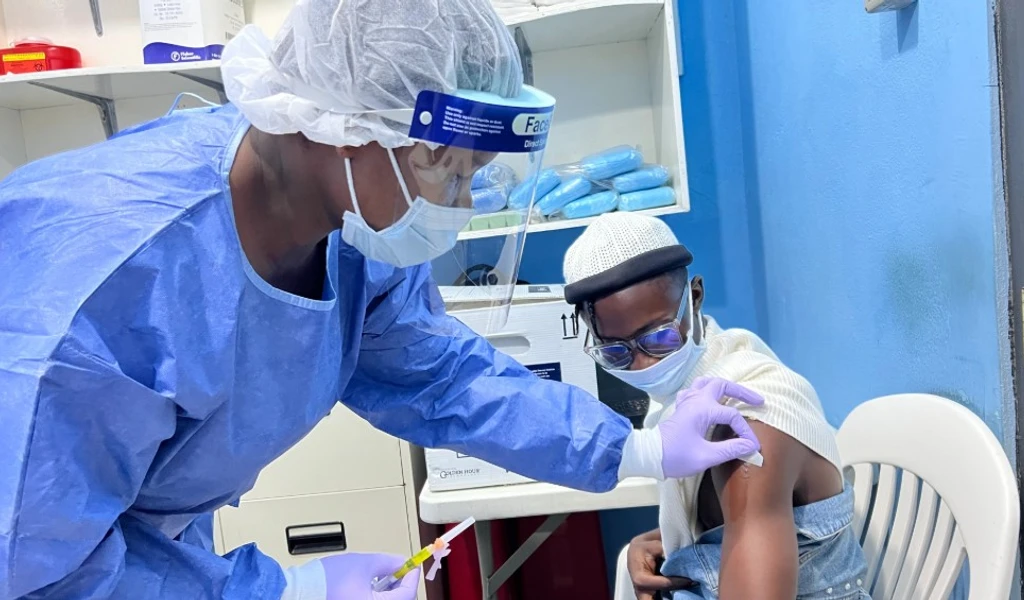Virus Intelligence & Strategic Threat Assessment: New global collaboration uses experts and AI to spot the next pandemic

Share
OSLO, SEP 4 âGlobal health and pandemic experts are banding together to combine their AI programmes and infectious disease knowledge to more accurately rank the viruses that have the potential to cause the next deadly pandemic.
The new partnership will see the Coalition for Epidemic Preparedness Innovations (łÉČËVRĘÓĆľ) and University of California, Davis (UC Davis) working with the Boston University-based Biothreats Emergence, Analysis and Communication Network () to integrate BEACONâs open-source disease surveillance program with UC Davisâs (formerly âSpillOver 2.0â).âŻVISTA aims to provide risk rankings in near real time through the use of AI-assisted tools along with expert oversight and curation. The combined intelligence will help to identify the viruses at greatest risk of spillover from animals to humans and those most likely to cause disease and death. This could include known culprit viruses like Nipah and Ebola, as well as a new or as-yet-identified pathogen with pandemic potential, known as Disease X. Rankings will be regularly updated through AI pulling through new virus data that then gets fed into the VISTA platform.
Integrating these tools along with expert insights will help inform scientists and research funders like łÉČËVRĘÓĆľ on what new vaccines should be prioritised or considered for development to prepare for a likely pandemic threat and more rapidly and effectively respond to health emergencies. For example, the viral rankings, which will be made publicly available, will help łÉČËVRĘÓĆľâs work building a vaccine library - a store of relevant virus knowledge, data and prototype versions of vaccines that could be rapidly adapted to help respond to a Disease X more quickly and stop a pandemic before it starts. This can help advance the 100 Days Mission, the ambitious goal spearheaded by łÉČËVRĘÓĆľ and embraced by the G7 and G20 to develop a vaccine in 100 days from identification of a new virus.
łÉČËVRĘÓĆľ is providing up to $1 million to support the integration of data between BEACON and VISTA.
âThe next pandemic could appear in our lifetimes â however, with 25 families of viruses known to infect humans it is difficult to predict exactly what, where and when it will start,â says Dr. Tim Endy, Disease X Programme Leader at łÉČËVRĘÓĆľ. âBuilding on the success of the SpillOver and BEACON projects, VISTA will leverage AI to analyse more robust human, animal and environmental data and help pinpoint the top viruses and viral families with pandemic potential that we should be directing our resources, time and attention towards.â
The partnership is especially important as our globally connected world has made us vulnerable to the rapid spread of new pathogens. This risk is heightened by urbanisation and environmental changes which is expanding the range of disease-carrying insects, birds, and animals and increasing their interaction with people.
"The integration of AI and global expert networks into platforms like VISTA and BEACON marks a transformative shift in how we anticipate and respond to emerging infectious threats. By identifying high-risk viruses and providing assessments of their pandemic risk potential, weâre not just reacting to pandemicsâweâre working to prevent them," said Dr. Angel Desai, Principal investigator and associate professor of infectious disease at UC Davis Health.
Ranking viral risk for early pandemic warning
UC Davis researchers developed the SpillOver platform as an open database using data from over half a million animal samples collected from 28 countries and public records. These data were then used to rank the spillover potential (i.e., the risk of a virus jumping from animals to people) of nearly 900 wildlife viruses, before being expanded â with support from łÉČËVRĘÓĆľ â using cutting-edge AI methods coupled with expert opinion to also rank the pandemic potential of viruses from domestic animals and other virus vectors.
Now rebranded as VISTA, the project will also leverage BEACONâs advanced large language models (LLMs) and network of global experts to rapidly collect, analyse and disseminate information on emerging infectious diseases affecting humans, animals and the environment. BEACON is the first open-access infectious diseases surveillance system that pulls in data from disease-tracking websites and systems before using AI to sift through the data, assign a potential threat level and produce a written report summarizing the key details verified by a human.
âThis partnership will allow us to continuously update the risk levels of zoonotic disease spillovers and, through BEACON, share this information more rapidly with the public. By providing timely and actionable insights, BEACONâs mission is to empower communities and public health officials to take proactive measures, preventing outbreaks and mitigating the spread of diseasesâ said Dr. Nahid Bhadelia, Founding Director of BEACON and the Boston University Center on Emerging Infectious Diseases (CEID).
łÉČËVRĘÓĆľ is committed to promoting the responsible development of AI for the 100 Days Mission through our Biosecurity Programme to prevent and prepare for future epidemics and pandemics.
â̧ąˇśŮł§â
About łÉČËVRĘÓĆľ
łÉČËVRĘÓĆľ was launched in 2017 as an innovative partnership between public, private, philanthropic and civil organisations. Its mission is to accelerate the development of vaccines and other biologic countermeasures against epidemic and pandemic disease threats and enable equitable access to them. łÉČËVRĘÓĆľ has supported the development of more than 70 vaccine candidates or platform technologies against multiple known high-risk pathogens and is also advancing the development of rapid response platforms for vaccines against a future Disease X. Central to łÉČËVRĘÓĆľ's pandemic-beating five-year plan for 2022-2026 is the â100 Days Mission' to compress the time taken to develop safe, effective, globally accessible vaccines against new threats to just 100 days.
About the UC Davis VISTA Project
The VISTA project is a transdisciplinary collaboration between UC Davis Health, Grand Challenges, and the One Health Institute.
UC Davis Health is improving lives and transforming health care by providing excellent patient care, conducting groundbreaking research, fostering innovative, interprofessional education, and creating dynamic, productive partnerships with the community. The academic health system includes one of the countryâs best medical schools, a 627-bed acute-care teaching hospital, a 1,000-member physician's practice group and the Betty Irene Moore School of Nursing. It is home to a National Cancer Institute-designated comprehensive cancer center, an international neurodevelopmental institute, a stem cell institute and a comprehensive childrenâs hospital. Other nationally prominent centers focus on advancing telemedicine, improving vascular care, eliminating health disparities and translating research findings into new treatments for patients. Together, they make UC Davis a hub of innovation that is transforming health for all. For more information, visit health.ucdavis.edu.
UC Davis is looking to advance solutions to the worldâs most challenging issues through diverse perspectives and action from people working together to achieve common goals. Grand Challenges brings together experts from across disciplines â connecting the community around solution-oriented work, ensuring the participation of underrepresented disciplines, organizing product-centered strategic convenings, and facilitating campus-wide teams to strengthen our community and seek significant, large-scale, transdisciplinary funding opportunities.
Grand Challenges also connects groundbreaking research to campus leadership, telling the story of how the university is changing the world â producing tangible solutions to aid local, national and global efforts in challenge areas.
The at UC Davis is active all over the world, working at the interface of animals, people, plants and the environment to solve complex problems that impact health and conservation. The Institute grew out of the UC Davis School of Veterinary Medicine's deep commitment to the One Health approach and is home to the well-established Karen C. Drayer Wildlife Health Center. The One Health Institute is home to many Centers, programs, projects and initiatives within the School of Veterinary Medicine and beyond. Our scientists and educators are working throughout the UC Davis campus, the UC system, state and federal agencies, and globally to advance the health of animals, people, plants and the environment. The One Health approach addresses complex health problems on a platform that recognizes that the health of domestic animals, wildlife, and people are inextricably linked with each other and the environment.
About BEACON
The Biothreats Emergence, Analysis and Communications Network (BEACON) is an open source informal surveillance program designed to revolutionize global biothreats surveillance and response. Leveraging advanced artificial intelligence (AI), large language models (LLMs) and a network of globally based experts, BEACON rapidly collects, analyzes, and disseminates information on emerging infectious diseases affecting humans, animals, and the environment. By providing timely and actionable insights, BEACONâs mission is to empower communities and public health officials to take proactive measures, preventing outbreaks and mitigating the spread of diseases. We believe this information should be available and accessible for everyone, from public health experts and clinicians to educators, journalists, and the general public. The program aims to provide context for why a new biological event matters and verifies new reports through established methodology described below.
BEACON is based at and operated in partnership with the and at . The program is advised by an international advisory group and a scientific and ethics technical committee.



